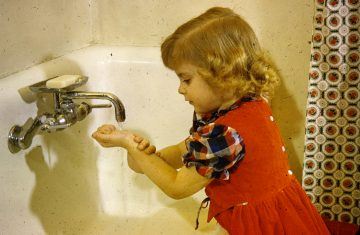by Kevin Lively
“What this country needs is a good war.”, my Grandfather declared in 2008 while we were gathered at his table in Buffalo with Fox News playing in the background, the TV lit up red with crashing market charts. “It’s the only thing that will fix the economy” he continued. No one pointed out that as these words were spoken, there were, put together, around 200,000 US troops deployed in Afghanistan and Iraq. Now, my grandfather was a good man, hard working, pious, and hardly prone to such statements. Yet, like many Americans who lived through the Great Depression, it was also deeply ingrained in his psyche that the event which led to prosperity during his adulthood, the greatness many are eager to return to, was also the bloodiest human driven catastrophe in history, WWII.

This is of course a widely accepted truism among US economists and historians, as the state department’s Office of the Historian will tell you. It is also part of the cultural fabric to extol the moral virtues of this particular war, given that it destroyed a regime which essentially defines the modern conception of evil. Of course, as with everything else in history, some of this triumphalist patting ourselves on the back is white-washed. It turns out there was more support in the USA for Nazism before the war than is often remembered, including in the business arrangements of the Bush dynasty’s progenitor. This should not be too surprising given that leading medical journal editors in the USA were urging that the public be persuaded on moral grounds to adopt similar eugenics policies as the Nazis enforced in the 1930s.
In any case, the other accepted truism about this turn of events is that America, as the victorious industrial superpower, realized that its isolationism had only helped lead to the calamity. Therefore, like it or not, it must shoulder the burden of power, stand against the rising communist threat to make the world safe for democracy, and establish the Pax Americana which we have enjoyed since.
As with any good myth, much of this is true. Read more »

